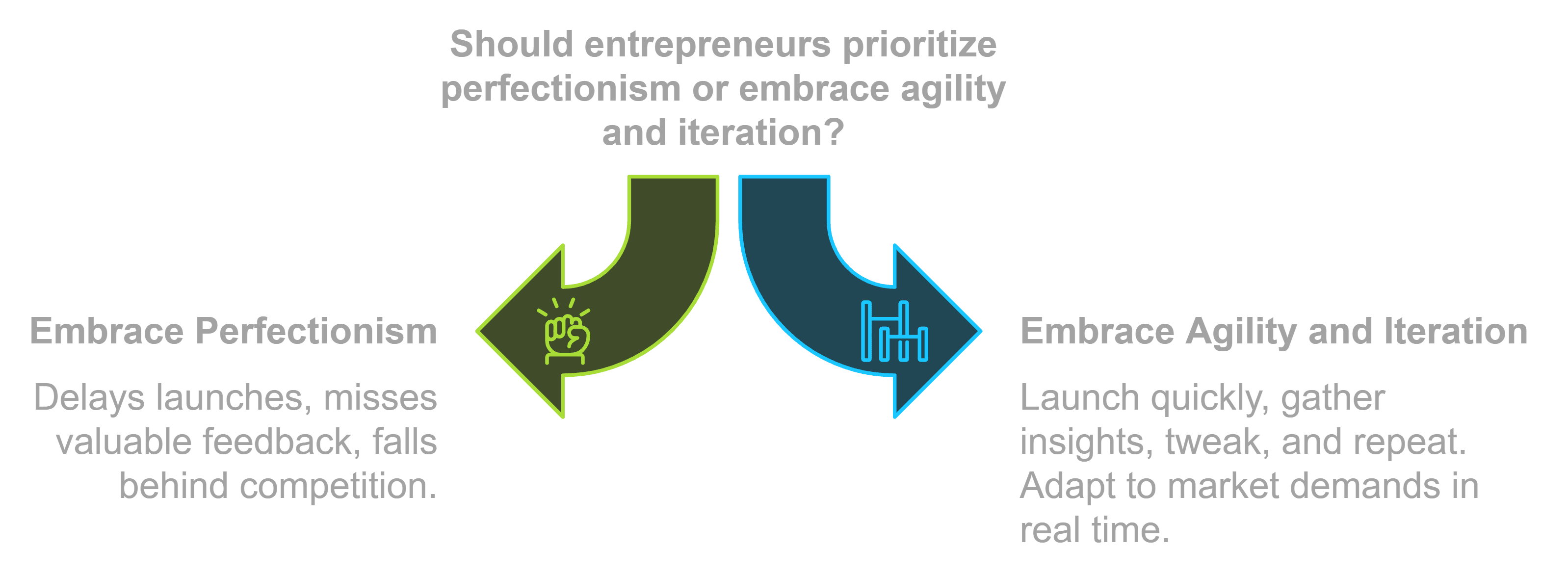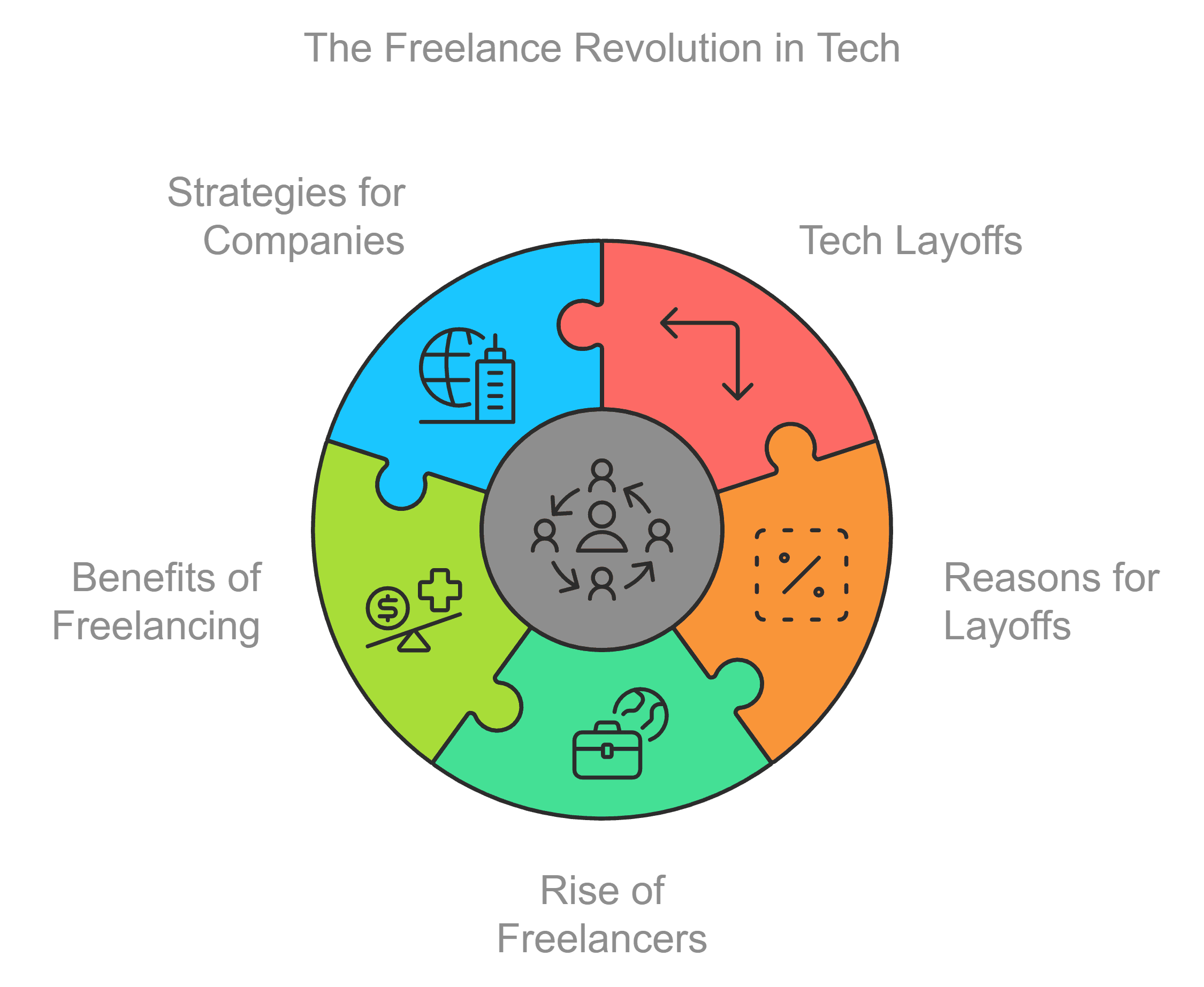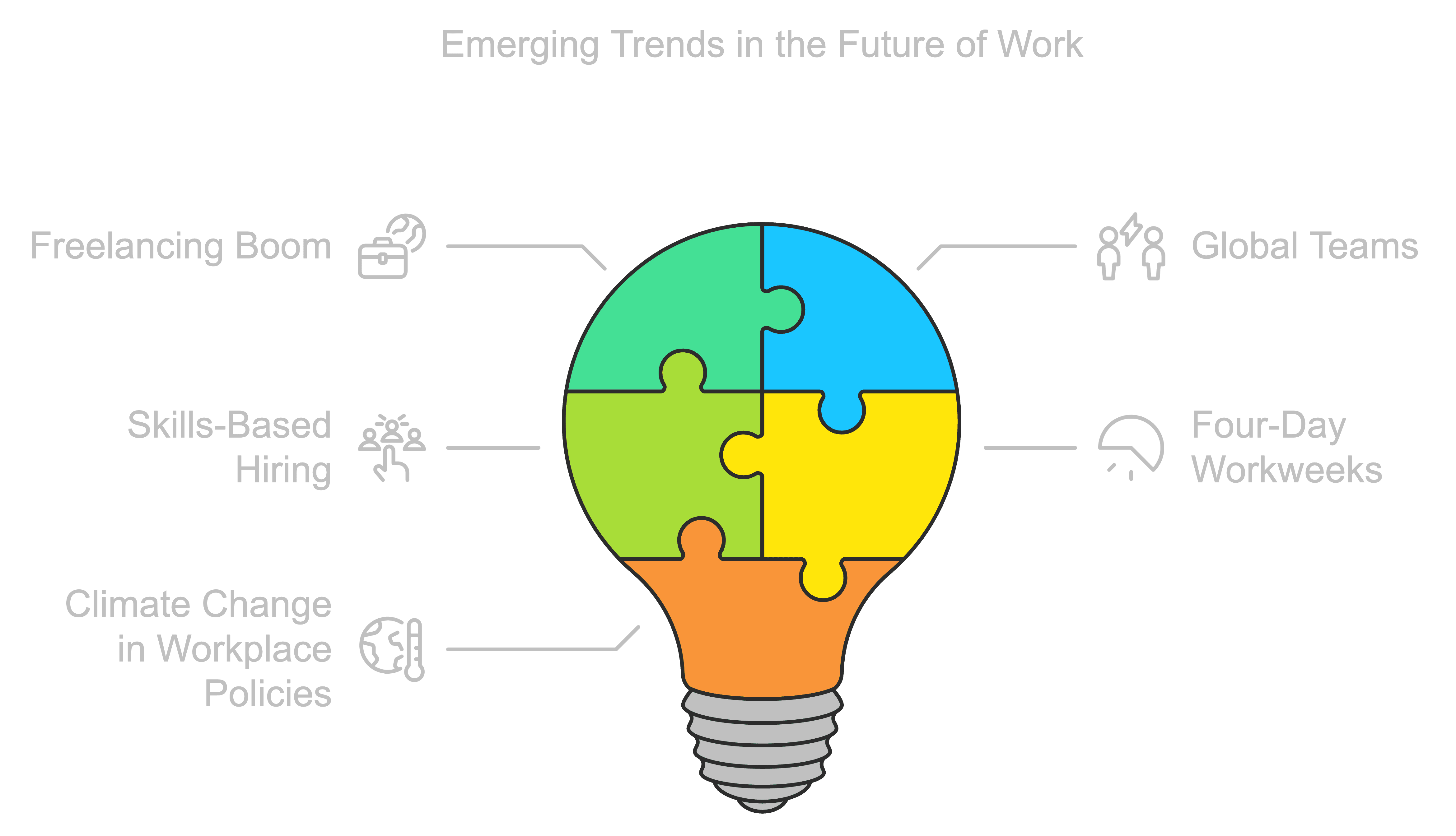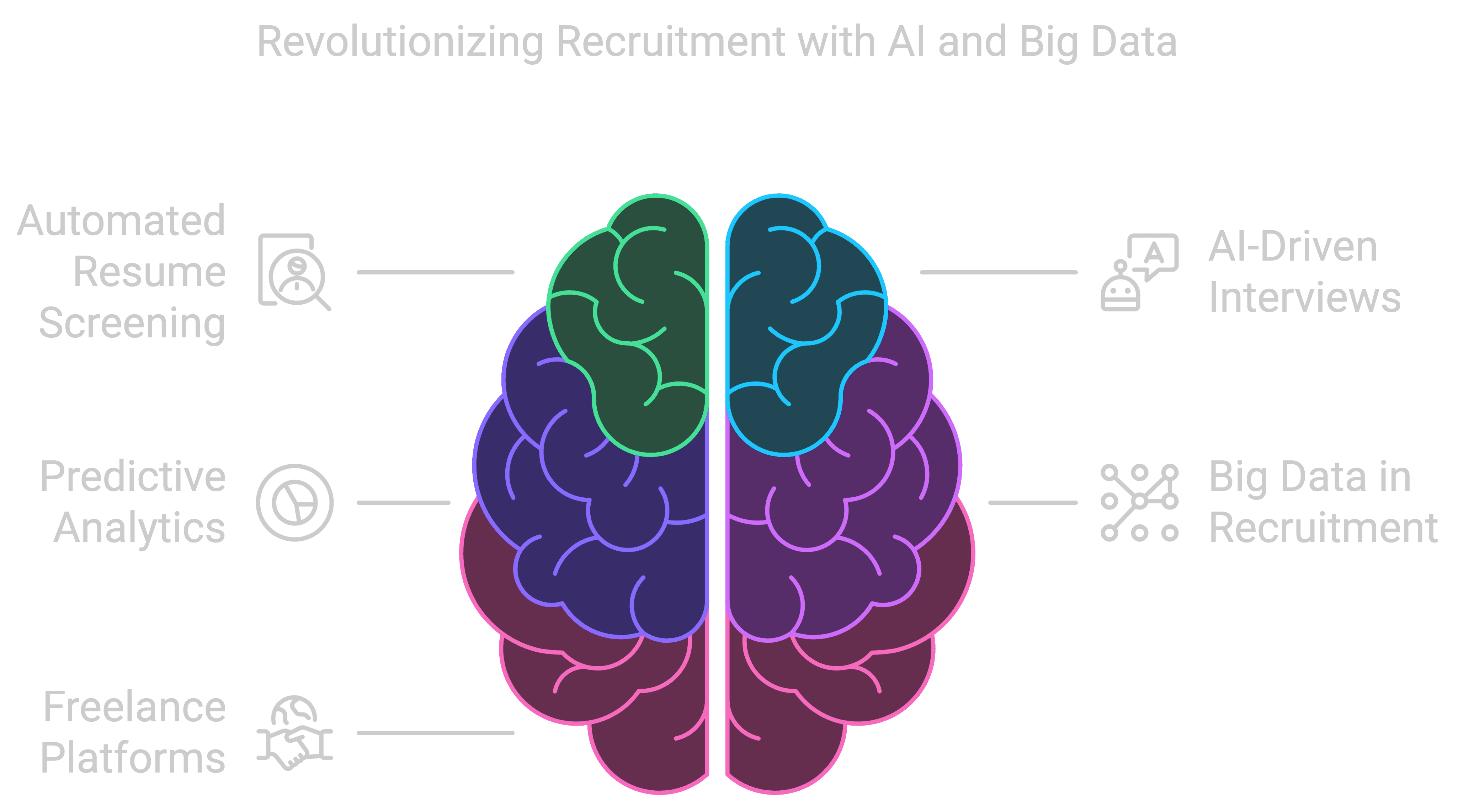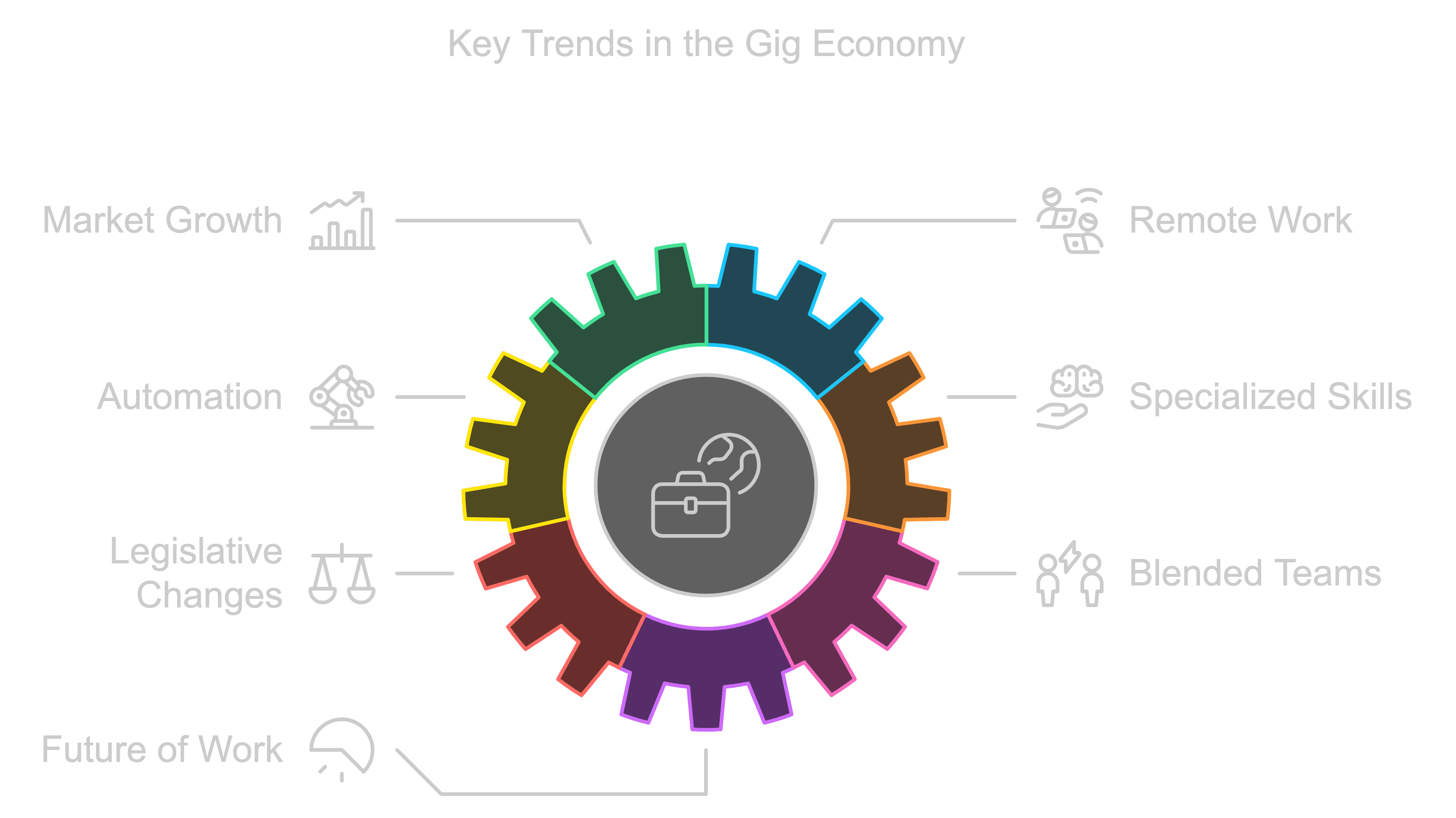October 9, 2024
Ditch Perfectionism: Thrive in the Gig Economy
The Gig Economy and Entrepreneurs
Let’s be real—if you’re an entrepreneur, you’re probably juggling a million things at once. From product development to pitching investors, there’s always something demanding your attention. In today’s world, the gig economy has your back. Whether you need an app developer, a UI/UX designer, or a digital marketer, you don’t need a full-time team to make it happen. You can tap into a global network of freelancers who can get the job done quicker and cheaper.
But there’s one thing that trips up many entrepreneurs—perfectionism. We often think everything has to be flawless before we can launch, but here’s the reality: perfectionism kills momentum. Even giants like Apple and Google don’t wait for perfection before launching new products. They release early versions, gather feedback, and iterate over time. So, if they can operate this way, why shouldn’t you?
Perfectionism vs. Agility in the Gig Economy
Let’s break this down. In the gig economy, speed and flexibility are key. When you’re obsessed with perfecting every detail, you delay launches, miss valuable feedback, and fall behind your competition. Instead, adopt an iterative mindset: launch, gather insights, tweak, and repeat.
By aiming for “good enough” instead of perfect, you can stay agile and react to market demands in real-time. The gig economy thrives on this kind of adaptability. In fact, startups that wait for perfection tend to lose out on early opportunities for growth, leaving them vulnerable to competitors who embrace the gig lifestyle.
Why Iteration Beats Perfection: Apple and Google Do It Too
Still not convinced? Let’s look at the big players. Apple and Google are known for releasing products that are good, but not necessarily perfect right out of the gate. Apple, for instance, has made it a habit to release new iPhones or software updates and then issue patches and improvements in post-production.
Take Apple’s iOS releases. Every year, the new version comes with multiple updates and bug fixes within weeks of its launch. In 2021 alone, Apple pushed out seven iOS updates in just six months to address bugs and improve functionality. Google operates similarly, often rolling out beta versions of its apps, like Google Chrome, and fine-tuning them based on user feedback before the official launch.
If Apple and Google—two of the biggest tech companies in the world—aren’t waiting for perfection, why should you?
How to Thrive in the Gig Economy as an Entrepreneur
To succeed in the gig economy, you need to embrace flexibility and experimentation. Here’s a quick checklist for thriving as an entrepreneur in this space:
Leverage freelance talent: Platforms like BeGig can connect you with experts who can execute projects quickly and efficiently, allowing you to focus on your core business.
Launch quickly: Don’t wait for perfect. Get your product or service out there, gather feedback, and iterate.
Be adaptable: The gig economy moves fast. Keep an eye on market trends, listen to customer feedback, and be ready to pivot when necessary.
By adopting this mindset, you set yourself up for long-term success in a landscape that rewards agility. With BeGig, you can easily find qualified freelancers to handle the more monotonous tasks, freeing you to focus on the strategic aspects of your business. This not only saves you time but also allows you to refine your offerings based on real user feedback rather than getting bogged down in the details.
Conclusion: Embrace Imperfection for Sustainable Growth
Perfectionism might feel like the responsible approach, but in reality, it’s holding you back. Entrepreneurs who embrace an iterative process—launching quickly, gathering feedback, and continuously improving—are the ones who succeed in today’s fast-paced gig economy. Platforms like BeGig make it easier than ever to tap into the freelance talent you need to get things done without waiting for perfection.
So, let go of perfectionism and start thriving by doing, learning, and improving along the way.
